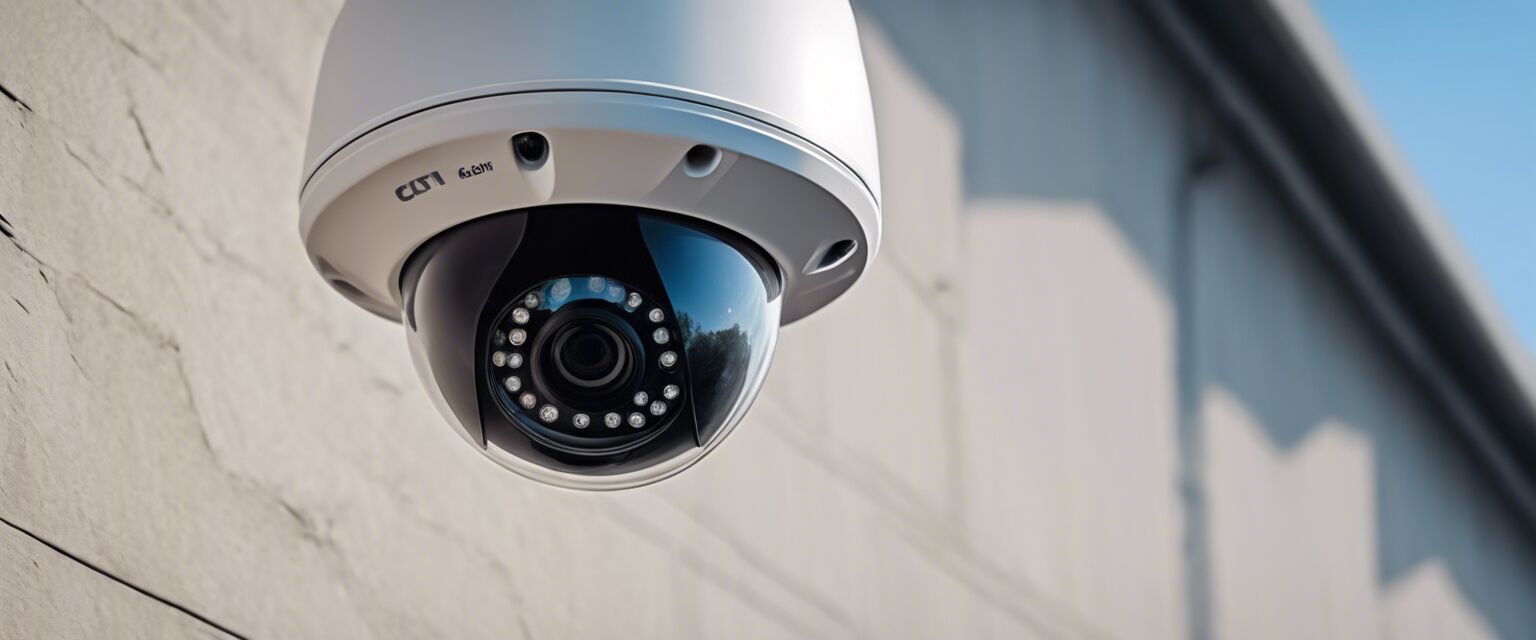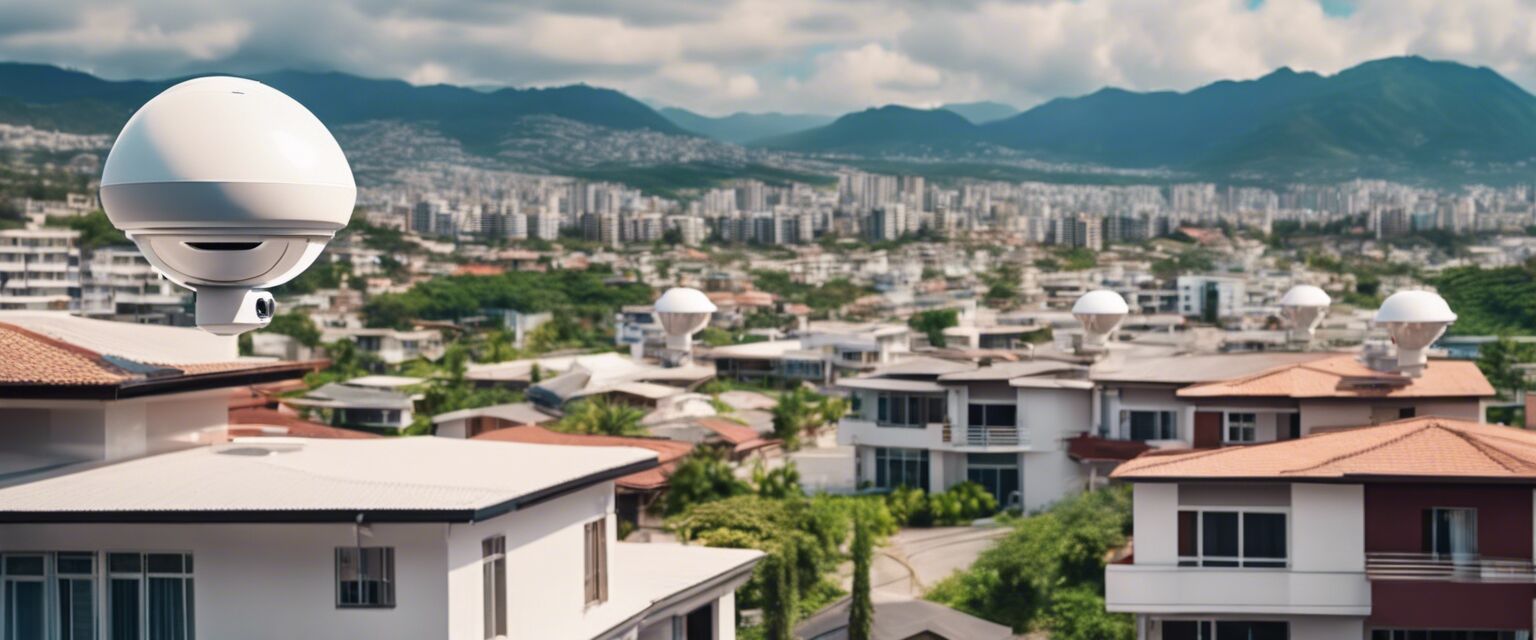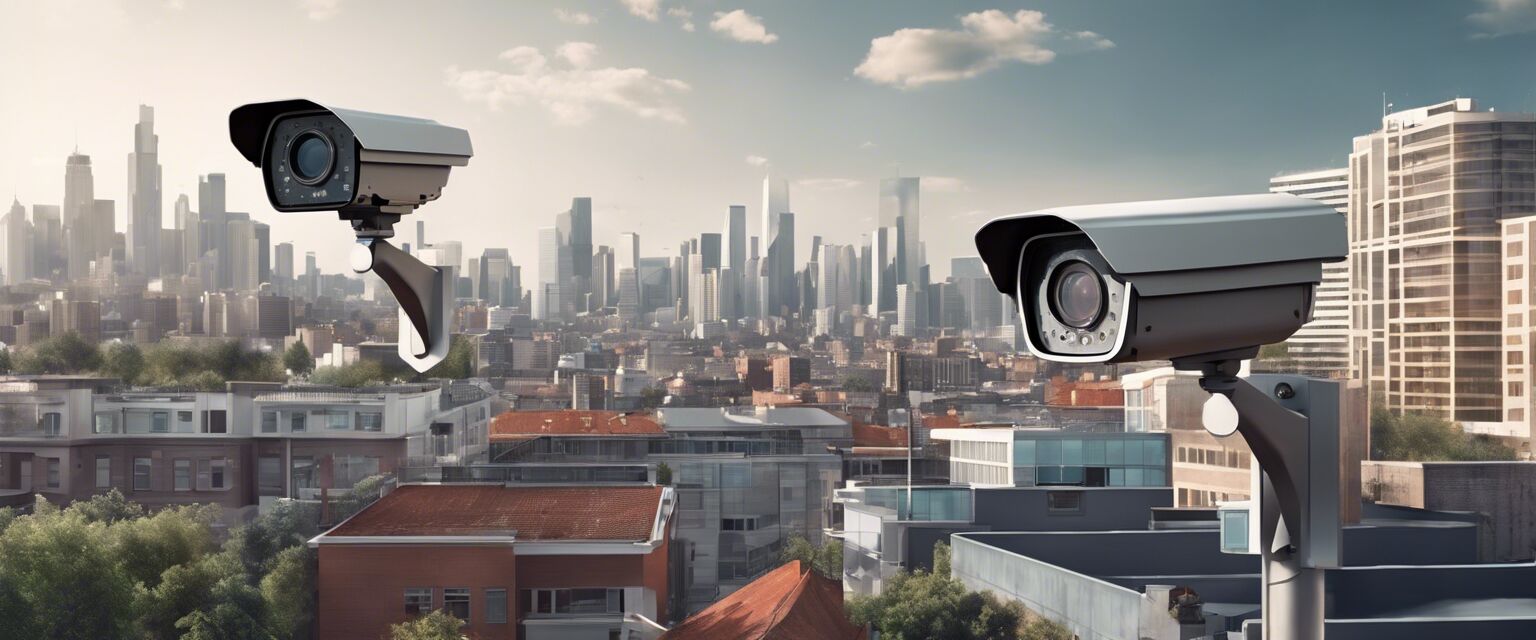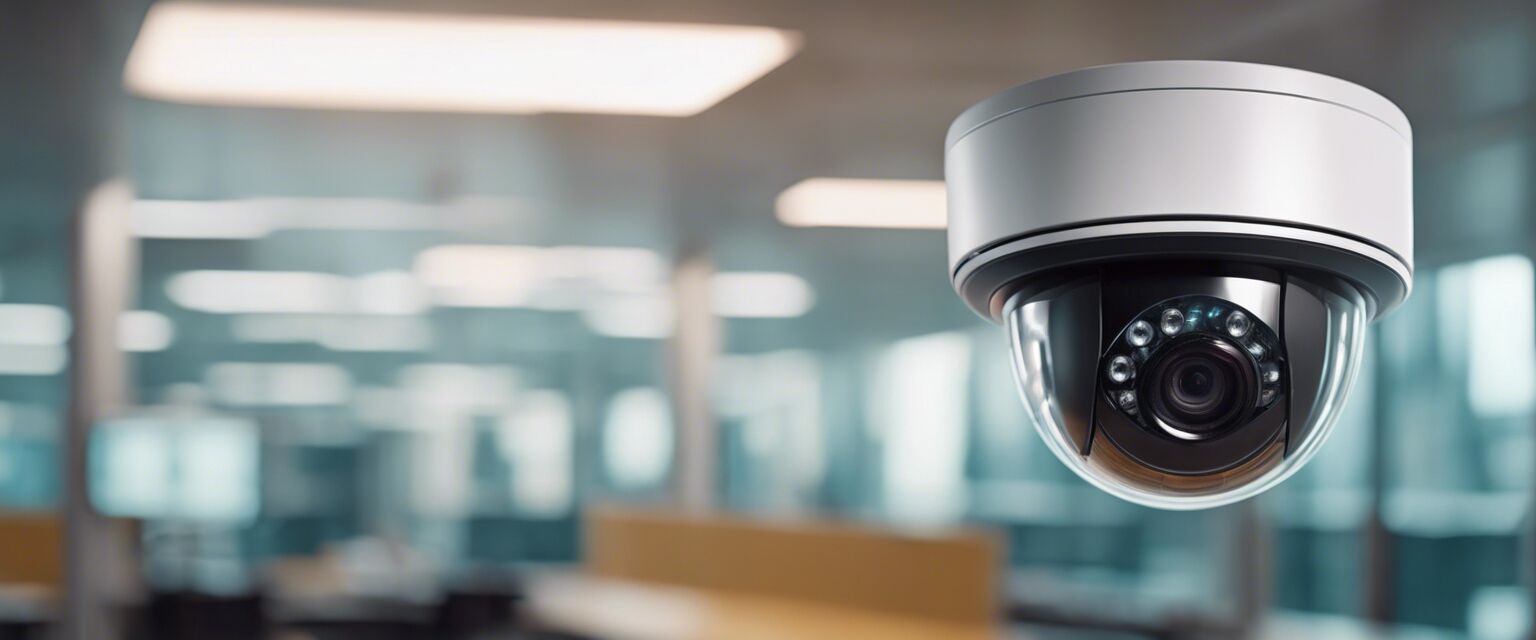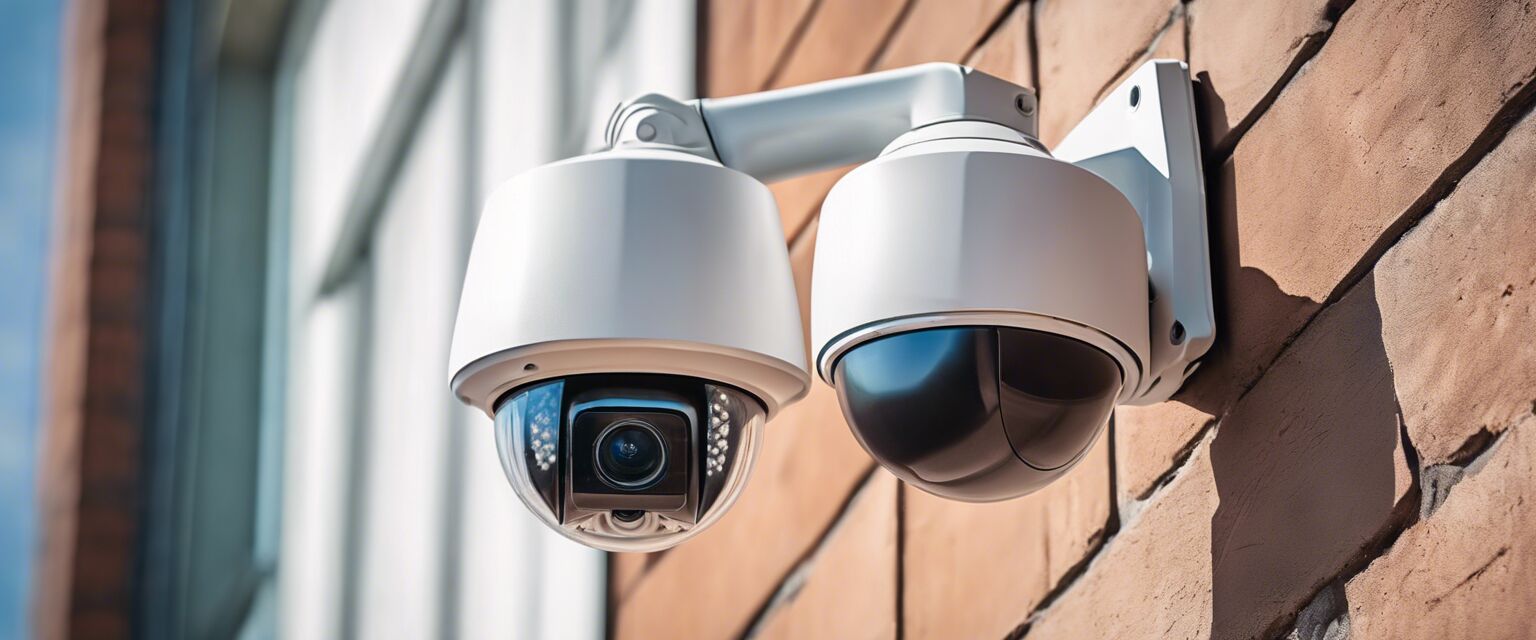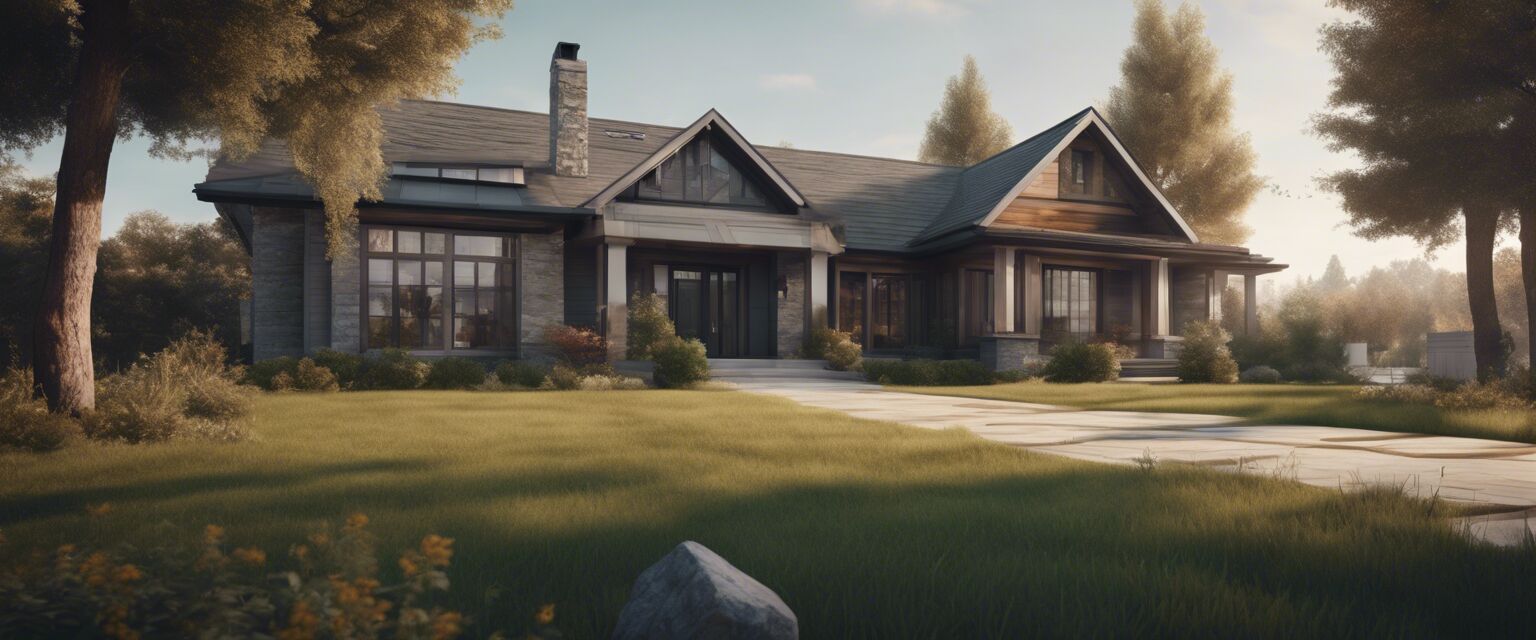
Legal Considerations for Home Surveillance
Key Takeaways
- Understand your local laws regarding video surveillance.
- CCTV cameras should not be placed in private areas (e.g., bathrooms).
- In some areas, consent may be required before recording individuals.
- Be aware of the data retention policies for recorded footage.
- Always respect privacy and avoid harassment using surveillance cameras.
As home security becomes increasingly important, many homeowners are investing in CCTV dome cameras. However, it's essential to understand the legal implications associated with using these devices. This article will explore various legal considerations, ensuring that you remain compliant with the law while protecting your property.
Understanding Local Surveillance Laws
One of the first steps you should take is to familiarize yourself with your local laws. Video surveillance regulations can vary widely from one locality to another. Here are some key points to consider:
| Location | Key Regulations |
|---|---|
| United States | Generally allowed, but there are state-specific privacy laws. |
| Canada | Must comply with Personal Information Protection and Electronic Documents Act (PIPEDA). |
| UK | Must adhere to the Data Protection Act and the GDPR. |
| Australia | Must consider the Privacy Act and state regulations. |
Placement of CCTV Cameras
Proper placement of your CCTV dome cameras plays a crucial role in maintaining compliance with privacy laws. Here are some guidelines:
- Avoid private areas: Do not install cameras in places where individuals expect privacy, such as bathrooms and bedrooms.
- Focus on public areas: Place cameras in public-facing areas of your property, such as front yards and driveways.
- Notify visitors: Use signage to inform people that surveillance cameras are in use.

Consent and Notification
In some jurisdictions, obtaining consent from people being recorded may be necessary. Here are steps to ensure compliance:
- Consult local laws regarding consent requirements.
- Inform guests of your surveillance system through clear signage.
- Consider providing a privacy policy outlining the data capture and usage.
Data Retention Policies
Once footage is recorded, it is essential to determine how long you will retain this data. Here's how to manage data retention:
- Set clear retention periods: Decide how long you will keep recorded footage.
- Regularly delete old footage: Ensure that you consistently overwrite or delete footage that is no longer necessary.
- Secure footage: Ensure that the recorded data is stored securely to prevent unauthorized access.

What to Avoid
When it comes to home surveillance, there are considerable pitfalls that you should avoid:
- Harassment: Using your cameras to monitor or intimidate individuals is illegal and unjustifiable.
- Invasive practices: Avoid placing cameras in locations that will invade the privacy of your neighbors.
- Ignoring laws: Ignorance of the law is not a valid defense, so ensure you're informed.
Potential Legal Consequences
Failing to adhere to the legal considerations related to home surveillance can lead to severe legal consequences:
| Consequence | Description |
|---|---|
| Fines | Violating privacy laws may result in significant fines. |
| Civil lawsuits | Individuals may sue for damages due to privacy violations. |
| Criminal charges | In extreme cases, criminal charges may be filed for deliberately invading privacy. |
Conclusion
CCTV dome cameras are a powerful tool for enhancing home security. However, it is crucial to ensure that your surveillance practices comply with local laws and regulations. The key is to balance your right to protect your property with the privacy rights of others.
Pros
- Helps deter crime when used appropriately.
- Can aid in criminal investigations by providing evidence.
- Improves overall peace of mind among homeowners.
Cons
- Legalities can be complex and vary by location.
- Potential for invasion of privacy if misused.
- Costs associated with installation and maintenance.
Beginner's Section: Tips for Safe Home Surveillance
- Conduct thorough research on local laws regarding surveillance.
- Place cameras wisely to ensure compliance.
- Always inform guests about the surveillance system.
- Regularly review footage to assess effectiveness and secure data.
For more tips on enhancing your home security, check out our guides on CCTV Dome Cameras, Home Alarm Systems, and Home Automation Systems.
